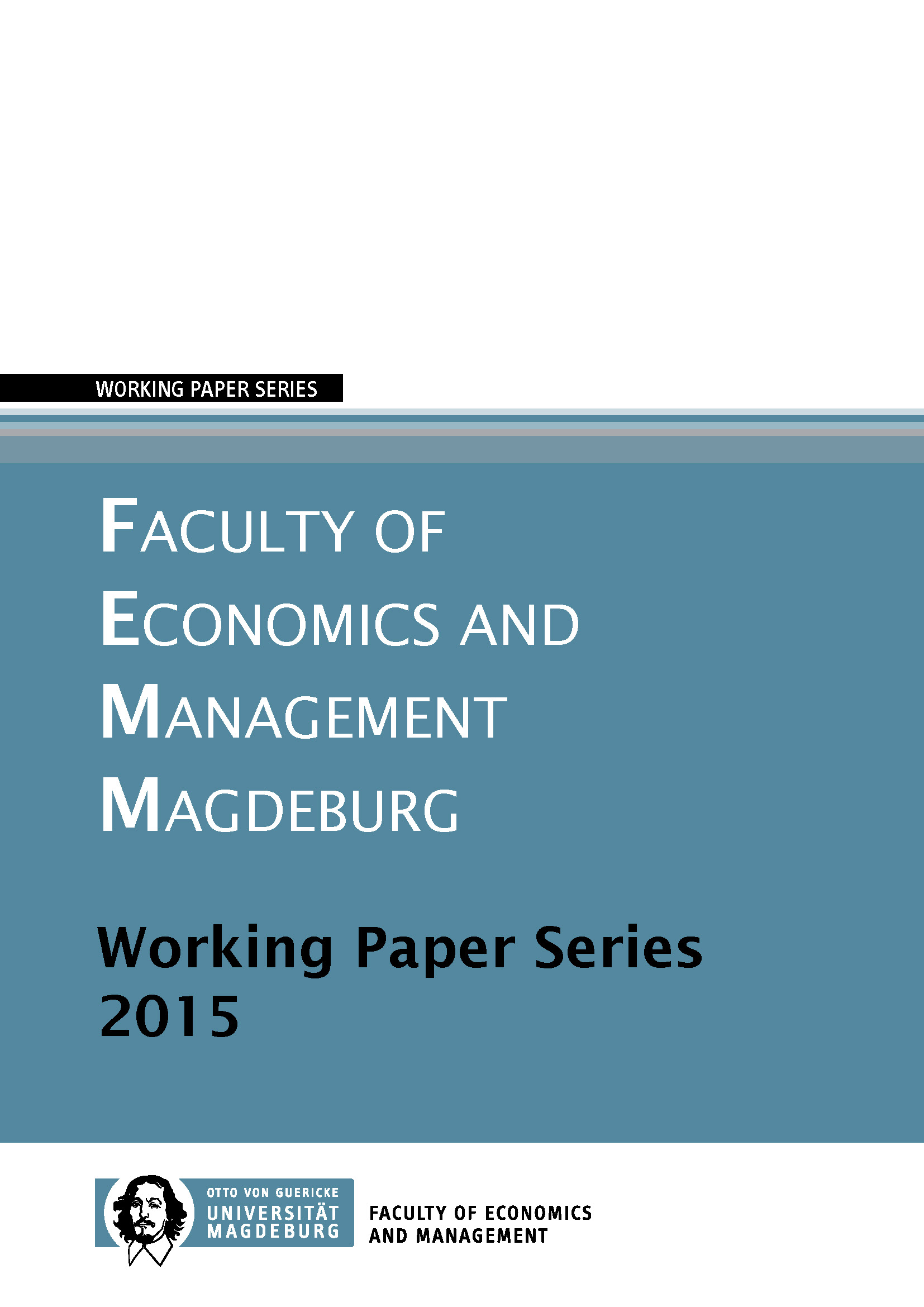Safety Stocks in Centralized and Decentralized Supply Chains under Different Types of Random Yields
DOI:
https://doi.org/10.24352/UB.OVGU-2018-536Schlagworte:
Random yield, safety stocks, supply chain decisions, yield typesAbstract
Safety stock planning with focus on risk protection to cope with demand uncertainties is a very well researched topic in the field of supply chain management, in central as well as in local decision making systems. In contrast, there is only few knowledge about safety stock management in situations where supply risks have to be covered that are caused by uncertainties with respect to production yields. In this study, a two-stage manufacturer-retailer supply chain is considered in a single-period context that allows for an analytical study of the impact of yield randomness on safety stock determination. In order to concentrate the analysis on the effects of yield uncertainty demand will be assumed to be deterministic. We consider three basic types of yield randomness which represent different reasons for yield losses in production processes each, namely the stochastically proportional, binomial, and interrupted geometric yield type. It will be shown that these different yield risk specifications can bring about completely different properties with regard to the way safety stocks depend on various input parameters in supply chain planning. This holds especially for the impact of the demand size and for the influence of the level of product profitability in a supply chain. In an analytical model-based investigation it is demonstrated that these safety stock properties not only differ between the respective yield types, but also between systems of central and decentralized supply chain decision making. Thus, this study presents general insights into the importance of a correct yield type specification for an effective safety stock management and explains necessary differences in the stock distribution across supply chain stages in both centralized and decentralized settings.


